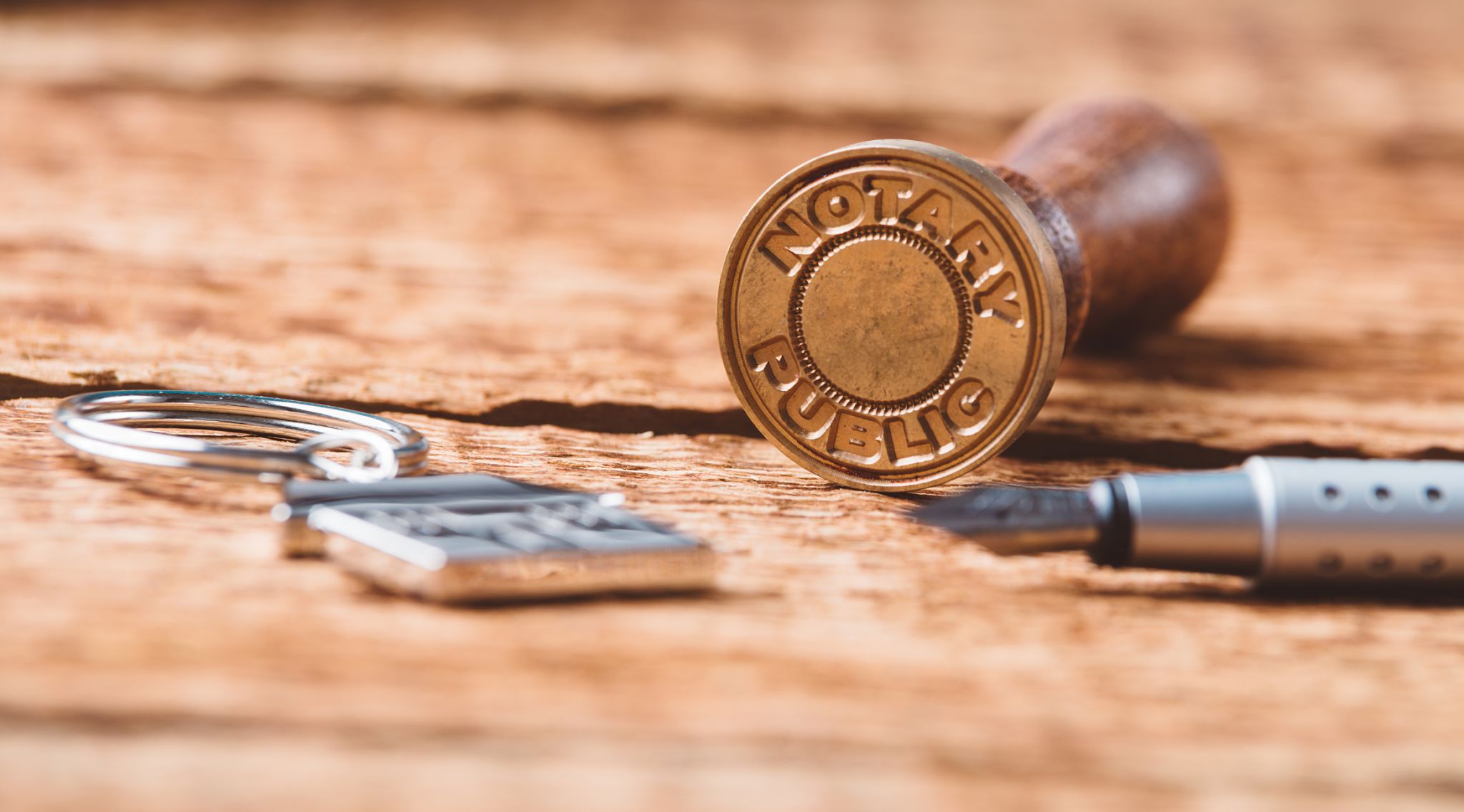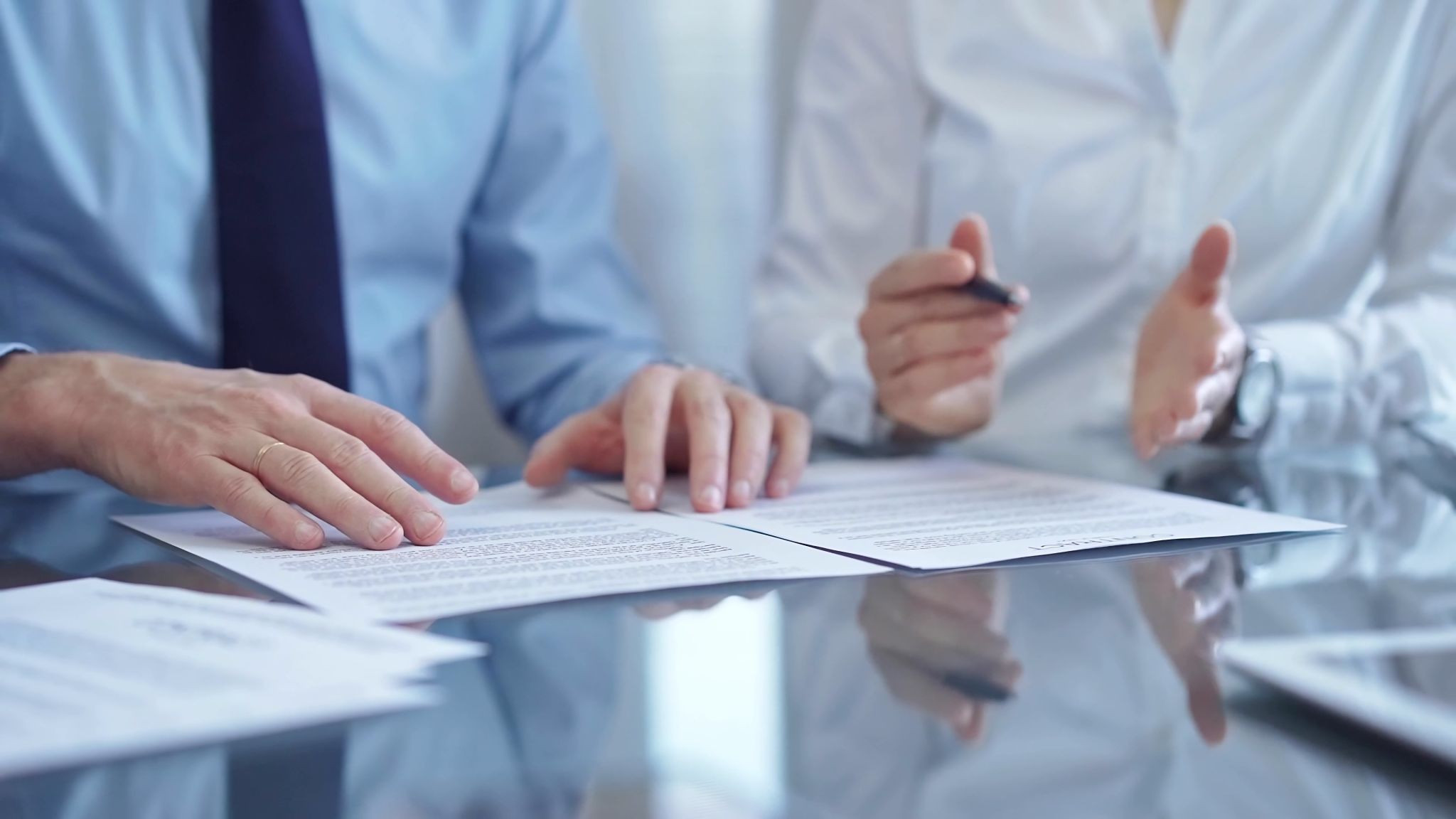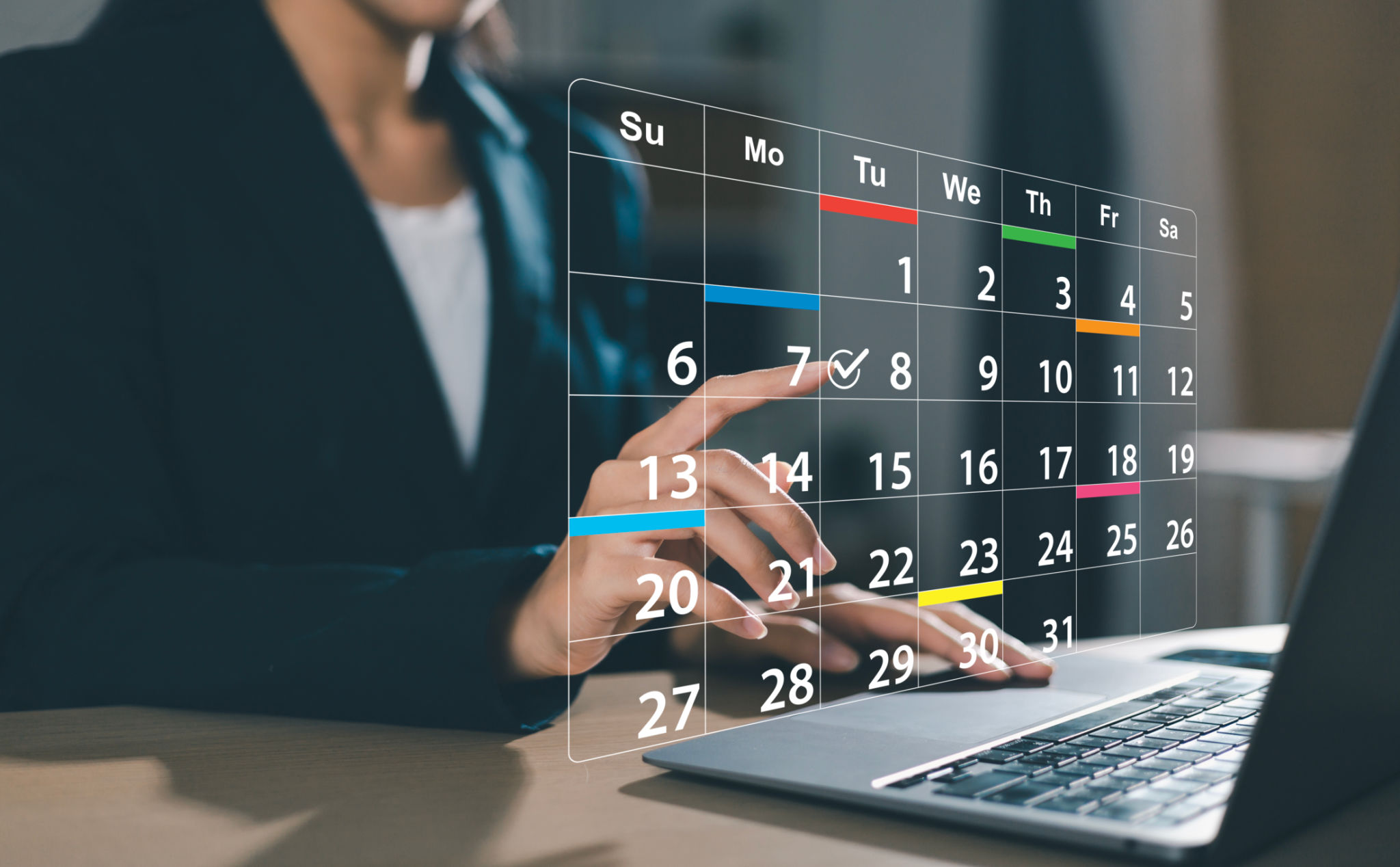Step-by-Step: How to Prepare for a Notary Visit
Understanding the Role of a Notary
Before preparing for a notary visit, it’s essential to understand the role of a notary. Notaries are public officials who serve as impartial witnesses in the signing of important documents. They are responsible for verifying the identity of the signers, ensuring that all parties understand the contents of the document, and confirming that the signers are entering into agreements willingly and without coercion.
Their role is crucial in preventing fraud and ensuring the integrity of legal documents. Notaries can often be found at banks, legal offices, or through mobile notary services that come to your location.

Gathering Necessary Documentation
To ensure a smooth notary visit, it’s important to gather all necessary documentation prior to the meeting. Start by reviewing the documents that require notarization. Common documents include wills, power of attorney forms, real estate deeds, and affidavits.
Ensure that you have government-issued identification, such as a passport or driver’s license, for all signers. The notary will need to verify your identity, so valid photo identification is crucial. Double-check that all information on these documents is current and correct.
Additional Documents
If you are preparing documents for someone else or require additional materials, make sure these are also ready. This may include copies of previous agreements, legal descriptions, or any other relevant paperwork that could support the notarization process.

Setting Up the Appointment
Scheduling a notary visit is an easy process but requires some forethought. Consider whether you prefer visiting a notary in-person at a bank or legal office, or if a mobile notary is more convenient for your needs. Mobile notaries can travel to your home or office, which can save time and effort.
When setting up the appointment, provide details about the documents to be notarized and the number of signers involved. This helps the notary prepare for your session and ensures they allocate enough time for the meeting.
Confirming the Details
Once your appointment is set, confirm the date, time, and location with all parties involved. Make sure everyone has a clear understanding of where and when they need to be available. This helps avoid any last-minute confusion or delays.

Preparing for the Notary Visit
On the day of your notary visit, ensure all documents are organized and ready for review. This includes having them completed but unsigned. Signature fields should be left blank until the notary instructs you to sign in their presence.
Dress appropriately and arrive on time. If you’ve chosen a mobile notary service, ensure your home or office is tidy and free from distractions to facilitate a smooth process.
Understanding Fees
Notary services typically incur a fee, which varies depending on your location and the type of document being notarized. Be prepared to cover this cost during your visit. Inquire about accepted payment methods beforehand to avoid any inconvenience.

Post-Notarization Steps
After the notary has witnessed your signature and stamped your documents, there are a few steps you should take to complete the process. First, review all notarized documents to ensure everything is correct and complete.
Store your notarized documents in a safe place where they can be easily accessed if needed. If applicable, send copies to other parties involved or file them with relevant institutions as required.
Following Up
If any issues arise post-notarization, such as missing signatures or incorrect information, contact your notary immediately for guidance on rectifying these errors. Timely follow-up ensures that your documents remain valid and legally binding.